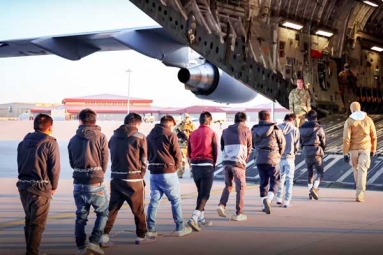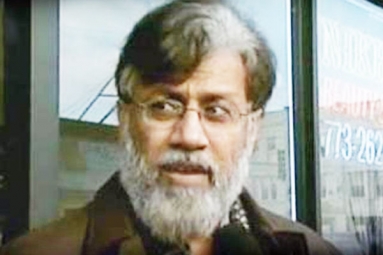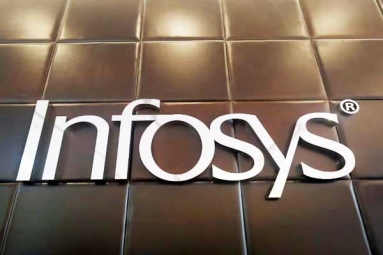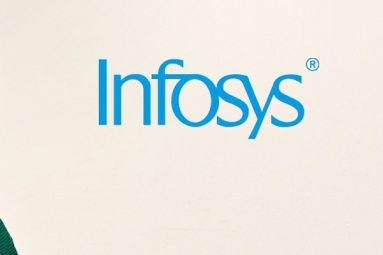Indian IT Firm Infosys Faced Most H-1B Rejections in FY2018: Report
April 09, 2019 10:29
(Image source from: Medium)
The stringent rules over sought-after H-1B visa are affecting Indian Information Technology (IT) giants in a big way.
India-based top five tech companies in the United States saw a 49 percent drop in petitions being approved in the fiscal year 2018 to under 22,500 from the previous year, an April 05 CARE Ratings report said.
Infosys, the second-largest among them all, accounted for over 36 percent of the denials. A quarter of its 8,000-plus H-1B applications were turned down by the United States Citizenship and Immigration Service (USCIS).
Tata Consultancy Services (TCS), the largest Indian IT firm and one of the biggest job-creators in the U.S. today, was a close second with nearly 1,900 denials.
“This has compelled Indian IT majors to increase local hiring in (the) U.S., leading to an escalation in employee costs and impacting cost structures of Indian IT majors,” the report noted. Their margins are taking a hit.
Infosys has hired more than 7,600 Americans, getting closer to fulfilling its May 2017 goal of recruiting 10,000 locals within two years. Over a decade ago, Aziz Premji-led Wipro began ramping up hiring in the United States, bringing campus recruits onboard locally.
Companies have also set up near-shore centers in neighboring nations like Mexico and Guatemala and adopted remote technologies like video-conferencing and cloud.
Of the total 419,637 petitions received during the fiscal year 2018, Indians share nearly three quarters, which is still an overwhelming share. China was a distant second with a share of 11.2 percent, while each of the remaining countries formed a minimal share of about 1 percent.
Donald Trump administration’s “Buy American, Hire American” agenda is making life harder for Indian nations in the U.S. Already, scrutiny around the visa has kicked up especially for Indian nationals, who are being served the highest number of requests for evidence (RFEs) and the highest number of denials, too.
A new rule proposed by the immigration authority will reverse the lottery to favor those with a master’s or higher degree from the U.S. institutions, reducing the chances of Indian software engineers getting U.S. visas.
“U.S. is believed to have taken this step with the goal of protecting the wages and job opportunities of U.S. workers, along with ensuring that H-1B visas are awarded to the most skilled or highest paid,” CARE Ratings said.
And it’s not just the H-1B going through the grinder. Denials for the L-1B, a visa category meant for existing employees with specialized skills, and L-1A, used heavily by firms like (TCS) to transfer managers and executives to the U.S., was also higher among Indians.
By Sowmya Sangam






















